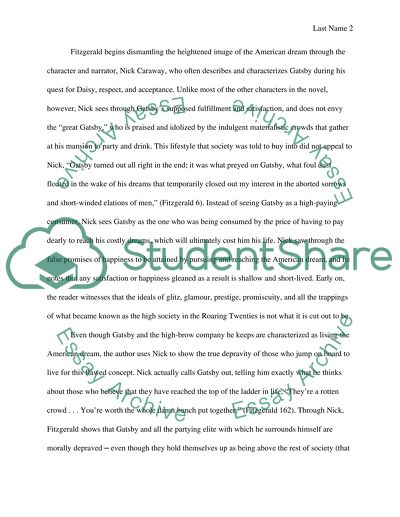Cite this document
(“In the character of Gatsby, Fitzgerald holds the idea of the American Essay”, n.d.)
In the character of Gatsby, Fitzgerald holds the idea of the American Essay. Retrieved from https://studentshare.org/english/1459005-in-the-character-of-gatsby-fitzgerald-holds-the
In the character of Gatsby, Fitzgerald holds the idea of the American Essay. Retrieved from https://studentshare.org/english/1459005-in-the-character-of-gatsby-fitzgerald-holds-the
(In the Character of Gatsby, Fitzgerald Holds the Idea of the American Essay)
In the Character of Gatsby, Fitzgerald Holds the Idea of the American Essay. https://studentshare.org/english/1459005-in-the-character-of-gatsby-fitzgerald-holds-the.
In the Character of Gatsby, Fitzgerald Holds the Idea of the American Essay. https://studentshare.org/english/1459005-in-the-character-of-gatsby-fitzgerald-holds-the.
“In the Character of Gatsby, Fitzgerald Holds the Idea of the American Essay”, n.d. https://studentshare.org/english/1459005-in-the-character-of-gatsby-fitzgerald-holds-the.


